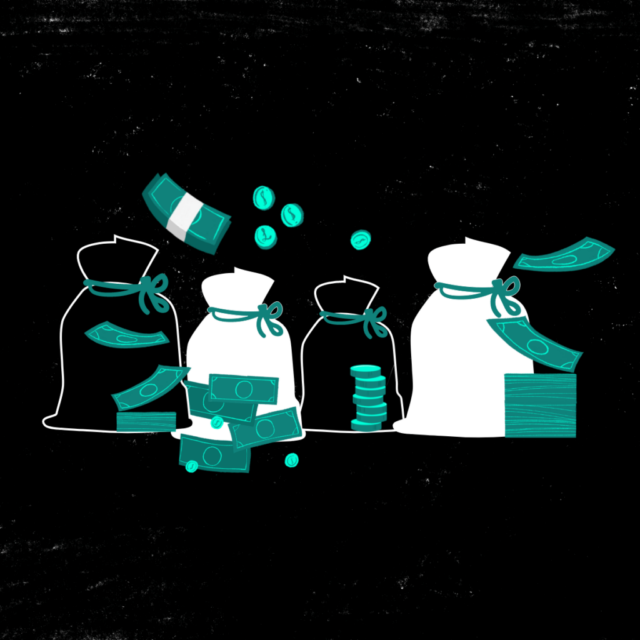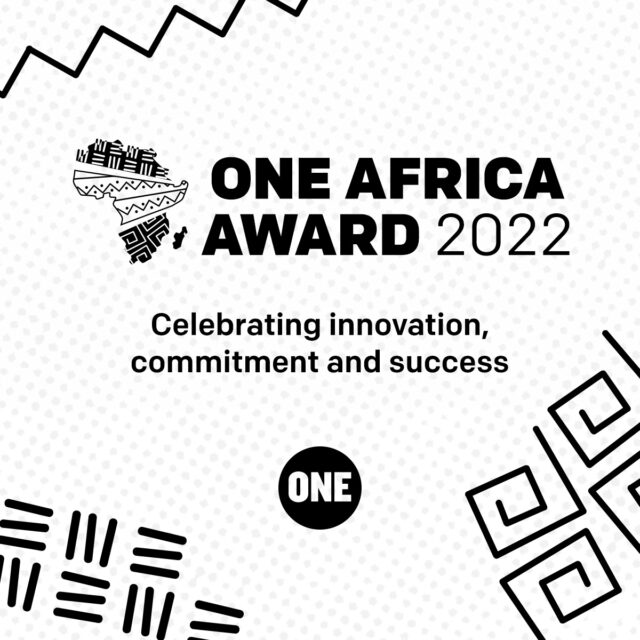The National Assembly recently approved the 2021 budget proposal submitted by the federal government of Nigeria.
As the nation grapples with the health, economic, and social impacts of the pandemic, here’s what you need to know about Nigeria’s government priorities and allocations:
- The 2021 budget is higher by 26% from last year’s budget (N13.6 trillion vs N10.8 trillion).
- There was an increase in debt service allocation. In fact, debt servicing is almost 3 times more than total allocation to education and health, combined, in 2021, and is 13% higher than in 2020. Total allocation to debt servicing is 24.5% of the total budget.
- There is also increased borrowings, amid concern for high debt levels. New borrowings are 12% higher than 2020 levels, at N4.7 trillion. New borrowings are split into 50% each for domestic and foreign borrowings.
- Health and education spending has decreased, despite the impacts of the pandemic on these sectors. Total allocation to the education ministry (including statutory allocations) was just 5.8% of the total budget. This is less than the last 5-year average of 7%. Total allocation to the health ministry (including statutory allocations) was just 4.4% of the total budget. This is 4% less than 2020 allocation and also lower than the last 5-year average of 5%.
- The budget is missing adequate funding for COVID-19 vaccines. Aside from a N45 billion allocation to “Gavi/Immunization,” no specific allocation was made for COVID-19 vaccine procurement. However, the minister of finance stated there are ongoing conversations on vaccine procurement and where there is clarity, a supplementary budget, if the need arises, will be submitted to the Parliament for approval.
- There is a 37% projected increase in revenue from 2020. The projected increase in revenue is largely anchored on forecasted increased oil prices, enhanced operational efficiency in government-owned enterprises, plugging fiscal drainers, etc.
- Recognizing the economy’s tight fiscal position, the government has created some initiatives to improve the fiscal space. These include the publication of annual Tax Expenditure Statements, and the introduction of an enhanced performance management framework to address the sub-optimal revenue performance of government-owned enterprises.
The pandemic and its aftershocks are wreaking havoc on Nigeria’s economy. The size of the 2021 budget is constrained largely due to relatively low revenues and high debt service obligations. This has resulted in cuts to key social investments, such as health and education, which threatens to erode past development gains and could derail us from ending extreme poverty and preventable hunger and disease by 2030.
Countries like Nigeria need liquidity. A global economic response package that includes a new allocation of $500 billion in Special Drawing Rights (an international reserve asset), a comprehensive standstill covering bilateral, multilateral and private debt service payments through the end of 2021 and transparent and fair debt restructuring is essential to free up cash.



